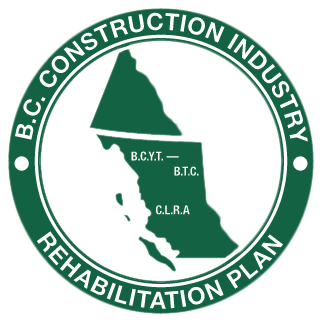Here at C.I.R.P. we understand that addiction is incredibly complex, and as such treatment of addiction needs to provide a program that recognizes and addresses those complexities, and concurrent services do just that.
The Canadian ‘Centre for Addictions and Mental Health’ (CAMH) provide an excellent definition of ‘concurrent disorders’(CAMH.ca):
Concurrent disorders is a term for any combination of mental health and substance use problems. There is no one symptom or group of symptoms that is common to all combinations.
The combinations of concurrent disorders can be divided into five main groups:
substance use + mood and anxiety disorders, such as depression or panic disorder
substance use + severe and persistent mental health disorders, such as schizophrenia or bipolar disorder
substance use + personality disorders, such as borderline personality disorder, or problems related to anger, impulsivity or aggression
substance use + eating disorders, such as anorexia nervosa or bulimia.
other substance use + mental health disorders, such as gambling and sexual disorders.
To understand and treat a particular combination, we need to look at the specific problems to see:
how severe the problems are
how the problems affect each other.
How severe are the problems?
Some people with concurrent disorders have very severe problems with both their mental health and their substance use. This makes it hard for them to function day-to-day. While other people may have milder mental health and substance use problems, the impact on their lives can still be difficult.
People with concurrent disorders are likely to receive treatment in one of the following settings:
primary health care; for example, family doctors
mental health agencies
substance use agencies
specialized concurrent disorders treatment programs.
The treatment setting often depends on how severe a person’s problems are.
How does each problem affect the other one?
Mental health problems and substance use problems can affect each other in several ways:
Substance use can make mental health problems worse.
Substance use can mimic or hide the symptoms of mental health problems.
Sometimes people turn to substance use to “relieve” or forget about the symptoms of mental health problems.
Some substances can make mental health medications less effective.
Using substances can make people forget to take their medications. If this happens, the mental health problems may come back (“relapse”) or get worse.
When a person relapses with one problem, it can trigger the symptoms of the other problem.
A person with concurrent disorders will often have more serious medical, social and emotional problems than if he or she had only one condition. Treatment may take longer and be more challenging.


